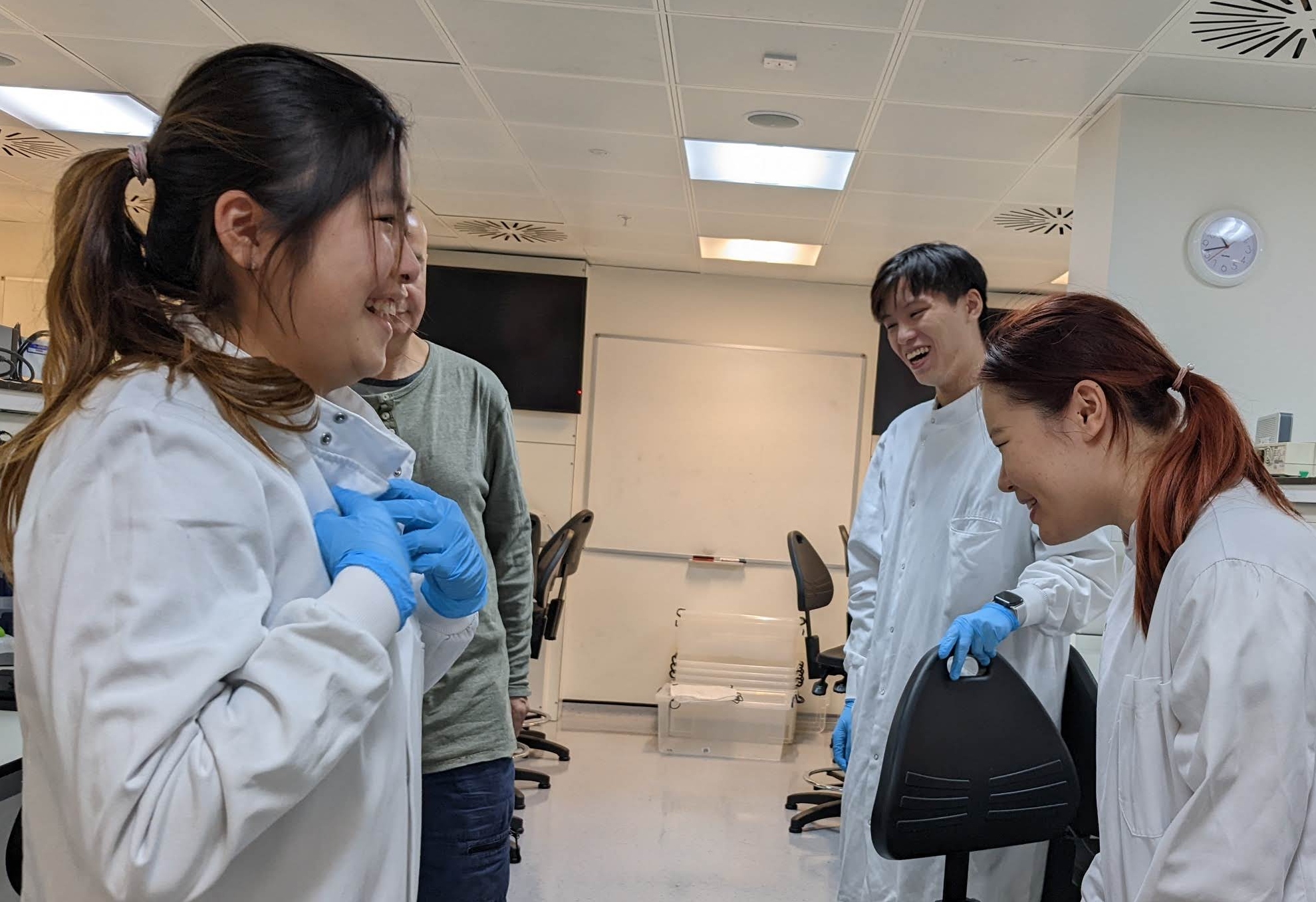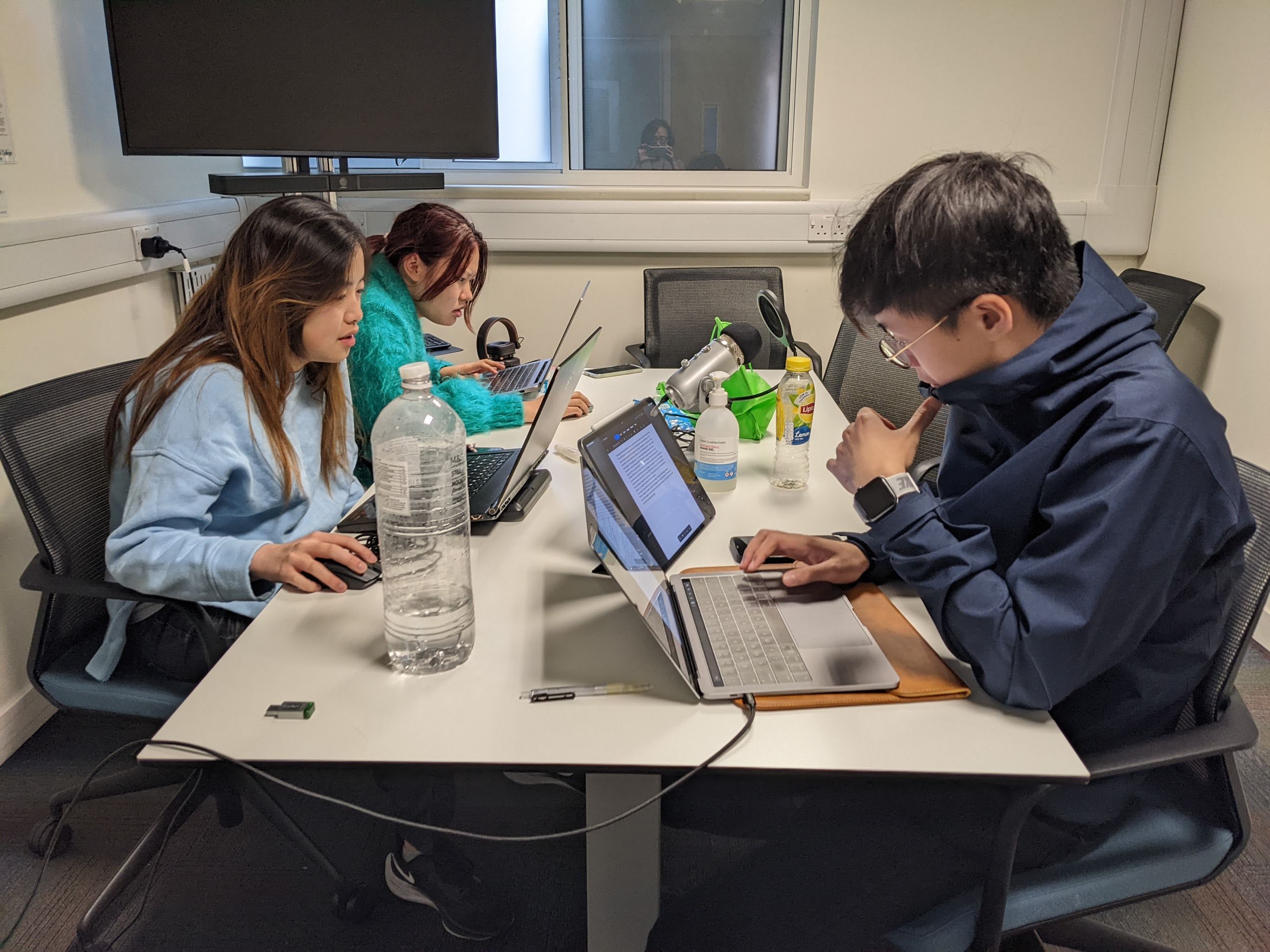Hiroko Yaguchi - staff stories
Key Information
Department and Programme(s) of project: Medicine Faculty Education Office, on the Medical Biosciences BSc course.
Year of project: 21-22
Length of project(s): 4 weeks full-time
 What type of relationship did you envisage with staff/students before you began your project? Was your experience in line with this or different?
What type of relationship did you envisage with staff/students before you began your project? Was your experience in line with this or different?
Previously many of my experiences of the staff-student relationship at university was one of ‘supervision’ or ‘teacher-student’. But in the StudentShapers project I expected to build a collaborative partnership between students and staff in the project.
Why did you want to work with staff/students on a project to enhance and develop the student experience?
Recently I joined the Faculty of Medicine Education centre as a teaching fellow and I had been previously working as a researcher. During term time, we teach many students, and it is not easy to spend enough time with each student. First of all, I wanted to get to know our students more; what they need, whether they find the lab technique difficult and whether it was interesting to them. Also, I found it exciting to supervise students' research projects as a researcher, and I wanted to have the opportunity to work with students for a common goal, but within an educational context.
How did working with staff/students as a partner help you reimagine a develop a new/different relationship? 
We started with sharing ideas to make videos showing laboratory techniques, which students with no or limited lab-based experience can watch to learn. At the beginning, students needed more support. They seemed to need more time to convey to the videographer what they wanted to do. But they quickly got used to it and we became able to work together efficiently, at times independently, and to make decisions more quickly. The relationships (staff-students and among students) became more collaborative.
I gave advice to students but the relationship was not unidirectional. Student videos made me realize that there are small but critical steps I have overlooked. Staff with research experience can do many technical steps (like pipetting) automatically, but it is difficult for less experienced students.
What is the most important thing, skill or new perspective you have learnt during the project?
 To create material like “how to” videos, you are required to understand techniques fully, and be responsible for the content. What I saw was that students can consolidate their techniques/knowledge through the process and develop their decision-making ability. I think it would be great if we could introduce more opportunities like this project (making material and teaching someone such as peers or younger year students under supervision) to more students and broaden the sense of partnership.
To create material like “how to” videos, you are required to understand techniques fully, and be responsible for the content. What I saw was that students can consolidate their techniques/knowledge through the process and develop their decision-making ability. I think it would be great if we could introduce more opportunities like this project (making material and teaching someone such as peers or younger year students under supervision) to more students and broaden the sense of partnership.


